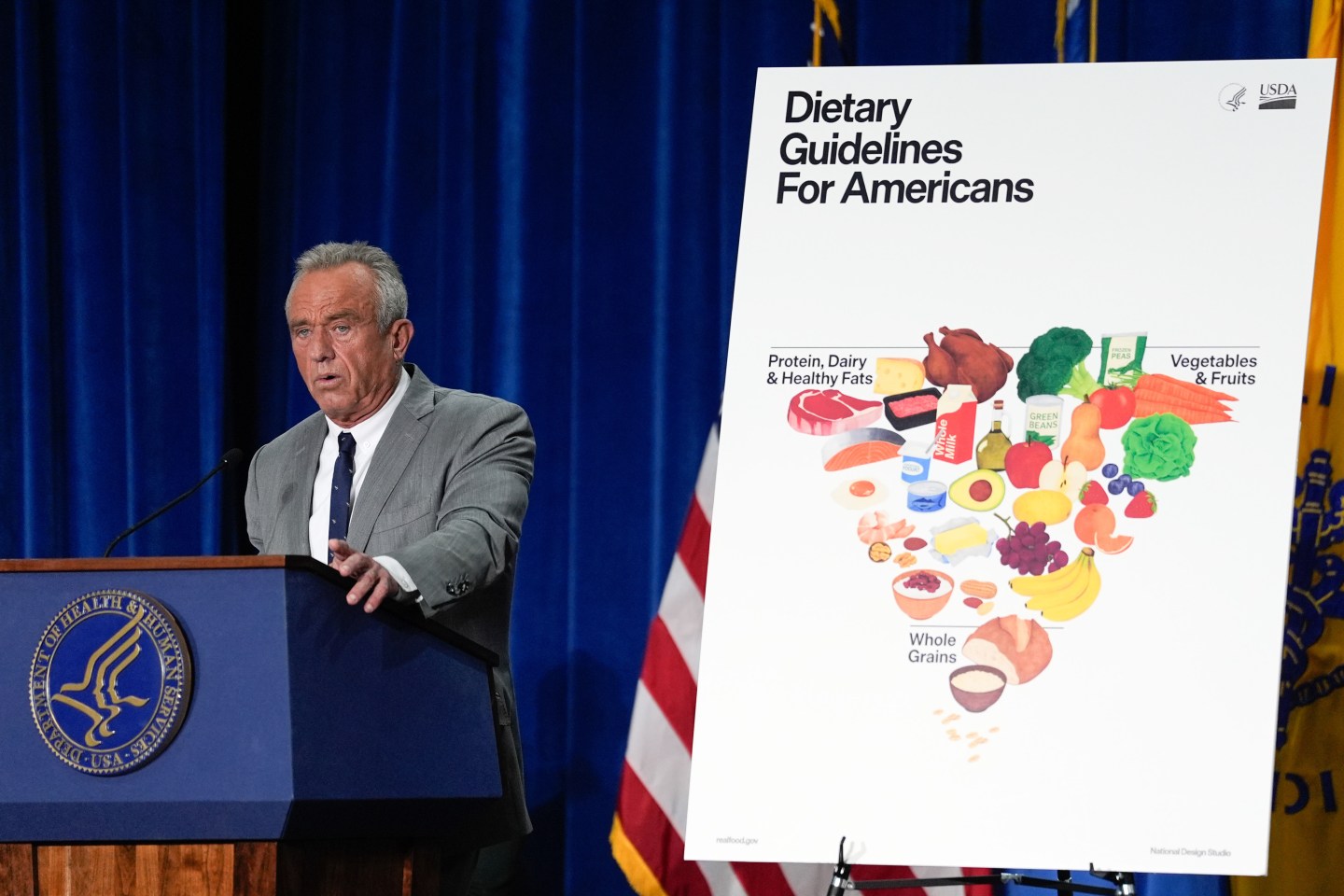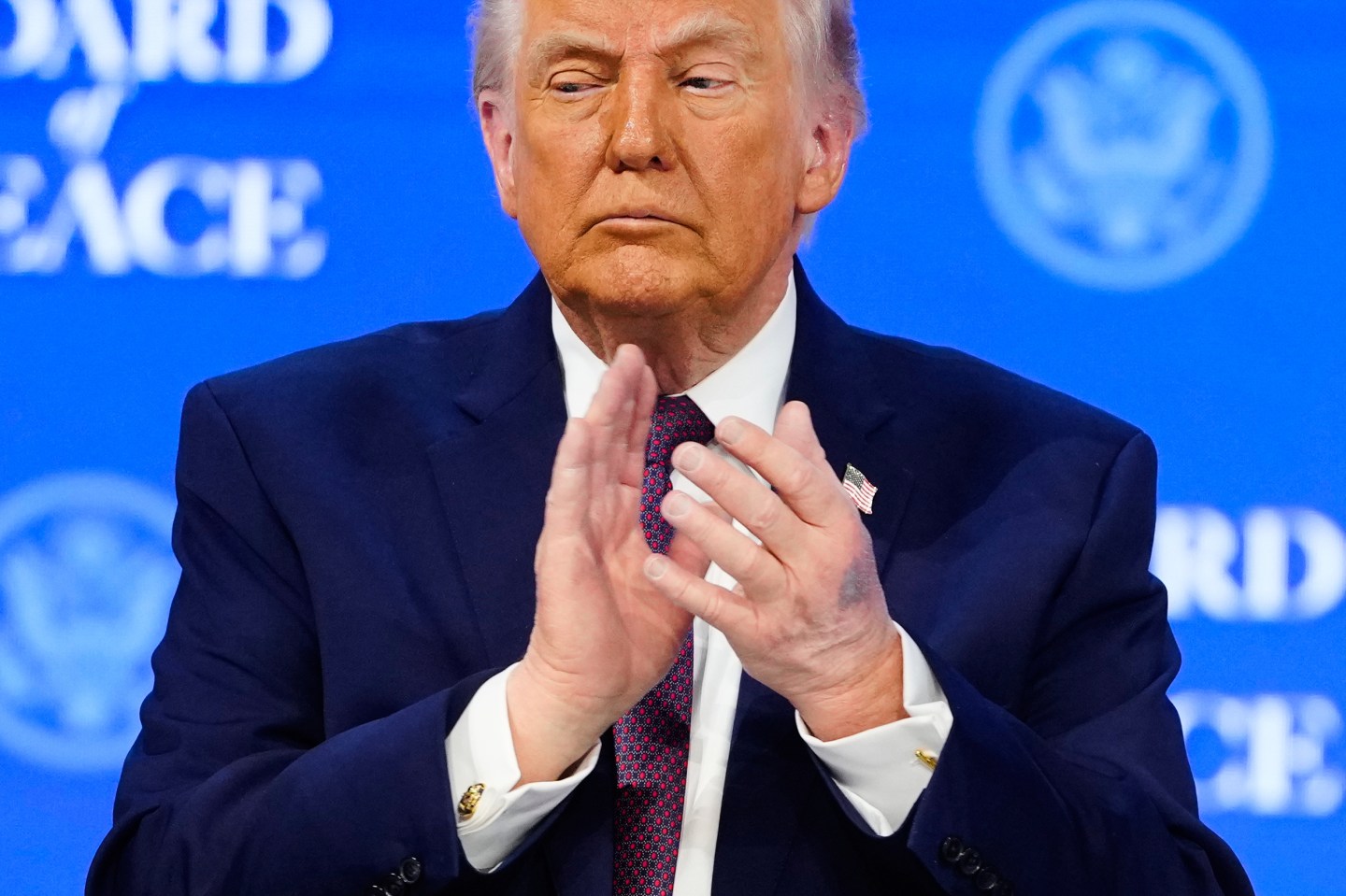Senate Democrats, including nearly all of the party’s potential 2020 presidential candidates, haven’t so much been jumping on Bernie Sanders’ single payer, “Medicare for all” health care bandwagon as they have been elbowing past each other to snatch a prominent political seat on it. But the increasingly popular idea, unveiled by Sanders and at least 16 Democratic co-sponsors in the Senate Wednesday, is already brushing up against scrutiny from the medical industry and some health care analysts who question how the proposal would be paid for and implemented in practicality.
The Sanders bill makes lofty promises. Under the 2016 presidential hopeful’s Medicare for All Act, universal health coverage under a unified government-run plan (the eponymous “single payer”) would be guaranteed to all Americans (including undocumented immigrants) at pretty much zero cost. That means no premiums and no out-of-pocket spending for doctors’ visits. The current system of employer-sponsored health insurance would essentially be eliminated and even popular existing programs like Medicare and Medicaid would all be rolled into the new entity. (Sanders’ latest bill differs from his previous offerings by allowing a four-year transition period for Medicare beneficiaries and a temporary option to either buy into Medicare or purchase some sort of public insurance option.)
It isn’t surprising that those sorts of marquee features are tremendously popular, especially considering Sanders’ frequently-made point that the U.S. And its residents spend far more on medical care for worse health outcomes than pretty much any other developed (and even some not-so-developed) nations. A “single payer” system is also a more comprehensible system than the notoriously fragmented and federated American health scheme, which involves complex and often inscrutable interplays between the government, hospitals, insurance companies, drug makers, benefits managers, and all sorts of other middlemen.
But there’s no such thing as free health care, particularly given rising medical costs stemming from advances in technology and the United States’ high health service and product prices. These would have to be kept in check (and, in that sense, either otherwise compensated for or rationed) to achieve the advantage to consumers. And Sanders originally didn’t detail how such a system would be funded—a critical question for such a massive overhaul, as the nonpartisan Kaiser Family Foundation’s senior vice president Larry Levitt puts it. Taxes would have to rise significantly, for one thing.
Most people support the idea of single payer, but hearing that it would increase taxes erodes support.Https://t.co/E57XAnrAxp pic.twitter.com/E0lvQY8Nst
— Larry Levitt (@larry_levitt) September 13, 2017
And as Dan Munro, author of Casino Healthcare, pointed out in an interview with Coins2Day, there are plenty of other factors to consider down the line. For instance, would doctors be transitioned into salaried roles, as they are in some other nations with single payer systems? “We can’t really discuss this kind of universal health care reform unless we also talk about medical education reform,” he says, noting that becoming even a general practitioner in America is such an expensive undertaking that many might be loathe to settle for the lower reimbursement rates Medicare offers compared to private insurance, or a preset salary.
Sanders put out a white paper suggesting some ways to pay for his program shortly after its unveiling. These include income-based premiums paid by employers, an income-based premium for households, general income and business tax reforms, some form of negotiations or price controls with drug companies, and the ostensible savings from a transition to the new system.
All of this is easier said than done, including for a seemingly slam-dunk issue like drug prices. The U.K.’s National Health Service judges treatments based on whether or not their prices correspond with quality-of-life improvements. There have been recent rumblings in the U.S. Of moving toward health outcomes-based pricing models (as opposed to the current system, where pharma companies have carte blanche on list prices); but it’s not hard to imagine patient groups balking at a government agency cutting off access to even a modestly-effective treatment because of its price.
Still, Munro says the advent of Obamacare makes it likely that universal coverage—whether that be through single payer or a more multi-party system that preserves some private players—will become an inevitable goal. The devil is in the design, the details, and the dinero.











